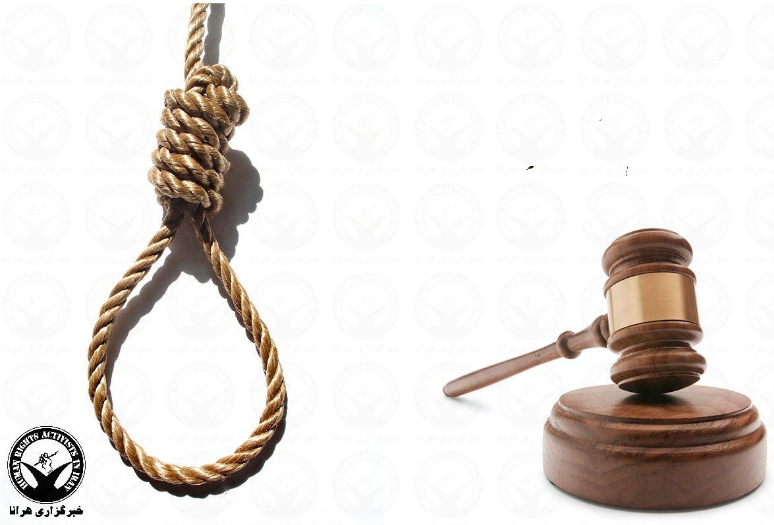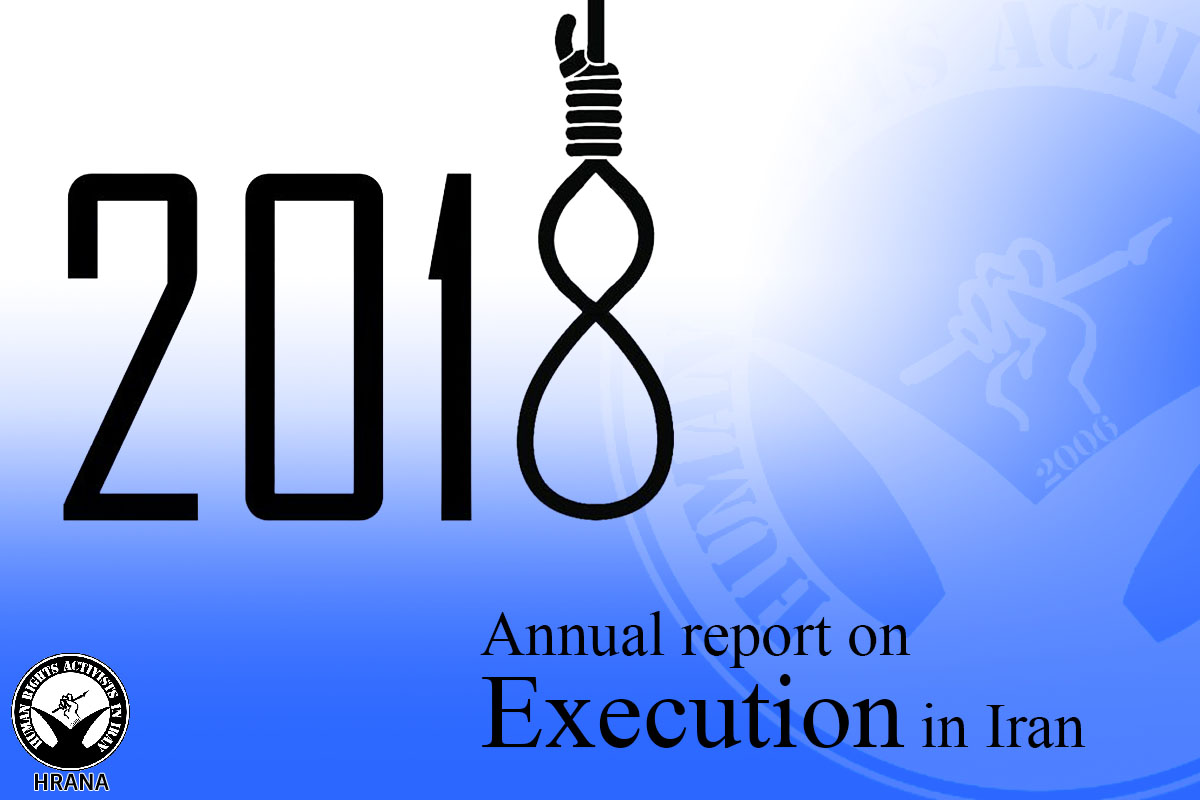Human Rights Activist News Agency (HRANA) – Twenty-seven-year-old Meysam Saber, a prisoner in the Health Ward of Ardabil Prison, was executed in the early morning hours of Sunday, October 21, 2018.
Saber had been detained on murder charges since 2013. He was reportedly transferred to solitary confinement on the eve of his execution.
Saber was the subject of a HRANA report on prisoner abuse last year when he was chained to the bars of the Quarantine Ward for 24 straight hours for complaining about mistreatment by prison guards.
By carrying out Saber’s hanging in silence, authorities — particularly the Judiciary — demonstrate a continued pattern of obfuscation on the topic of prisoner sentencing and executions, in spite of their responsibilities of informing the public.
According to Amnesty International’s annual report, Iran ranks first in the world in executions per capita. On the World Day against the Death Penalty (October 10th), the Center of Statistics at Human Rights Activists in Iran (HRAI) published its annual report, indicating that at least 256 citizens were executed in Iran between October 10, 2017, and October 9, 2018, 15 of which were public hangings. Sixty-eight percent of executions, referred to as “secret executions,” are not announced by the state or Judiciary.











